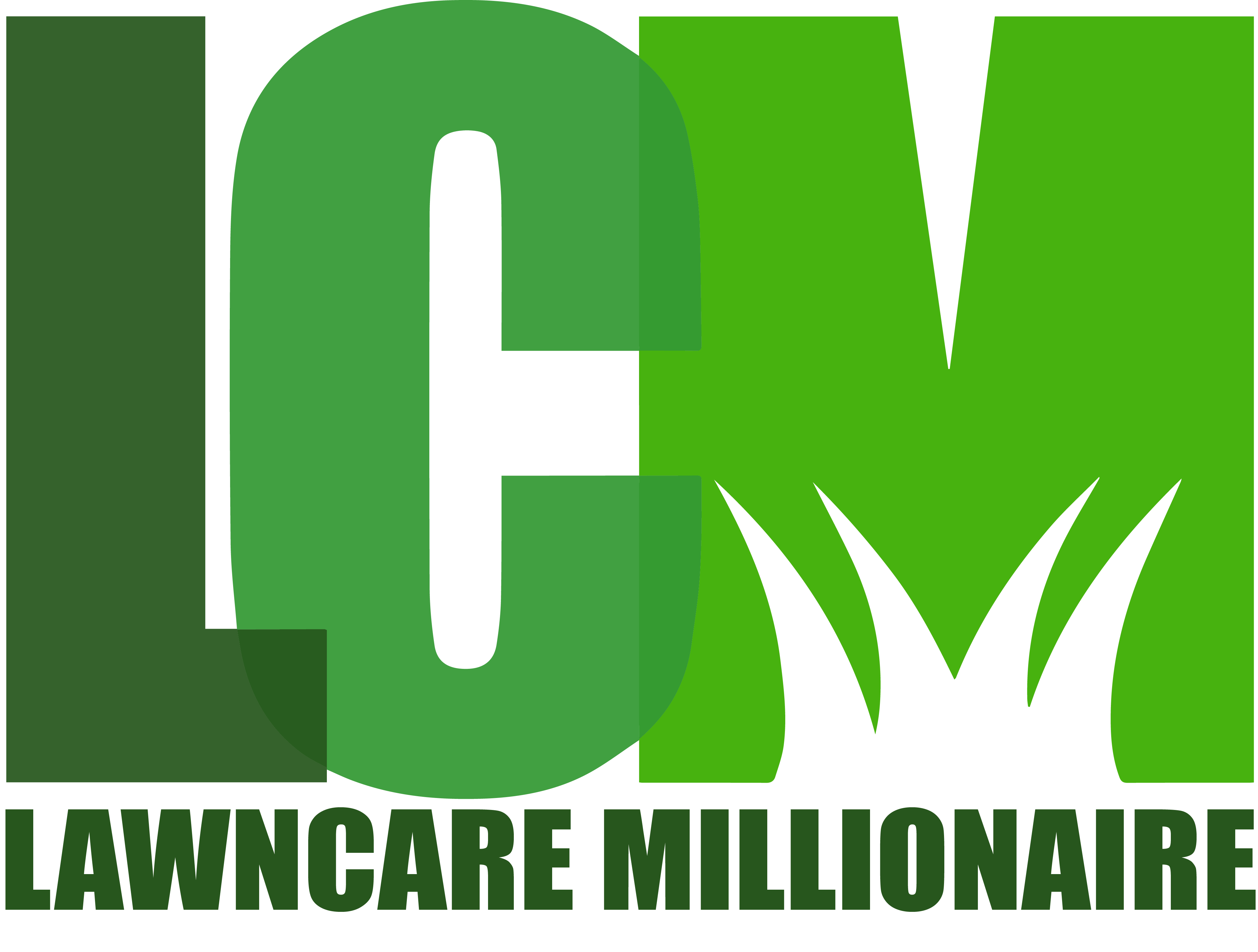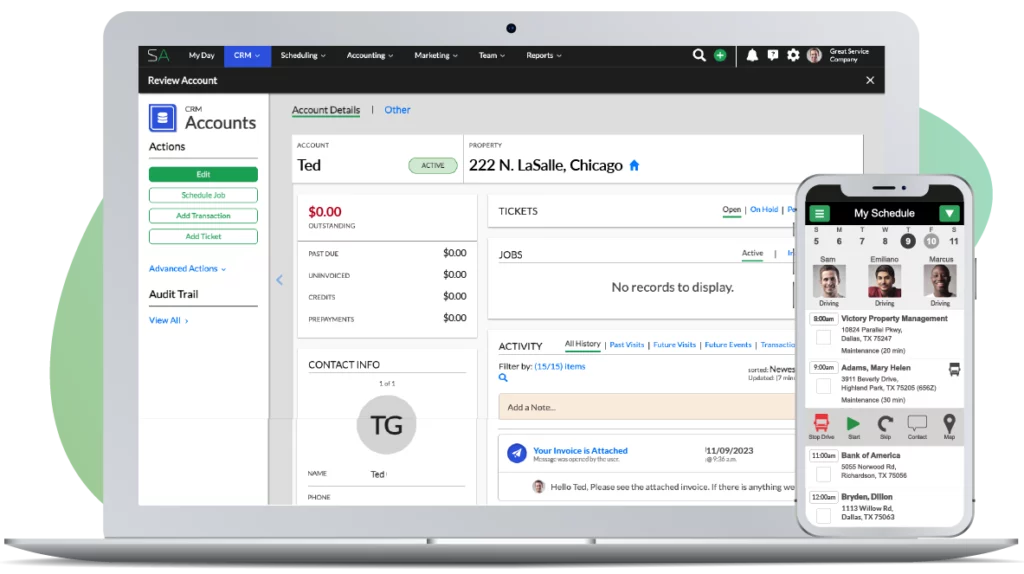Hey, it’s Jonathan Pototschnik.
I get asked every 3 days how to price lawn care services. It is that frequently asked so, I sat down and gave this some thought.
First, let me say, the answer I normally give is that you need to understand your numbers. You need to understand the relationship between square footage and time. You need to understand how long it takes for you to perform different tasks. How long does it take to mow a thousand square feet with the turf tiger? How long does it take to round a certain type of bush or, how long does it take me to trim up the base of an ornamental tree? You had 3 guys do the same task and you tracked their time. On average, it took 22 seconds to trim a bush of medium height. Whatever it is, you need to know those things. Those are the answers I like to give because that’s the accurate way to price.
Once you understand the relationship between task and time, then you can go out to a property, commercial or residential, and identify all the different tasks that need to take place at that property. You record all the different types of bushes, the linear feet of hedge rows, the square feet of turf and the type of equipment you will use to mow and edge, as well as the square feet of beds that need to be mulched, and the square feet that needs weed control and how often. Record all of that information to figure out how to price your lawn care services.
You’re identifying all the aspects of a property, all the tasks within the property that have to be maintained. Since you know the time by task, you’re adding all that time up and multiplying that time by an hourly rate to come up with the bid price.
It doesn’t matter if you’re putting 1 guy on the job or 10. That’s irrelevant when you’re bidding the price. It’s total man hours times your rate.
Granted, you don’t get into business having all of this knowledge. You have to get out there and get experience. You have to learn the differences between using the different equipment, how many obstacles you have to mow around, the spacing when planting flowers and how deep you spread your mulch. There are a ton of variants and you just have to get out there and learn it.
When you are just getting started, you will mess some stuff up. But, you have to get in there and start measuring everything from Day 1. You keep your records and eventually you will see your patterns and learn to price more accurately.
You will win some bids at first. You will under bid some stuff and you will over bid some stuff. But, you learn. One day down the road when you have say, 200 properties, and you decide you want to start putting some science to your bidding, you can use those 200 properties to measure, track, and record how long everything takes. You’re really fortunate because you have 200 properties to learn from and you can start drawing some conclusions and putting some science to your bid.
I’m not saying you never eyeball stuff, we still do it all the time. But, the way you build a systematized business where you can hire guys and have them do your bids and know they aren’t going to screw it up is by giving them formulas to follow. You have to have some science to your bidding.
That’s the example I always like to give because if I’m going to give you advice, I want to give you proper advice. I don’t want to give you something that’s going to harm your business. When I give pricing advice, that’s what I say. You’ve heard it before and I wanted to reiterate because it’s critical. You figure out your time, now you multiply it by the dollar per hour.
I think the question that’s really being asked is what to charge per hour. Many people get into the lawn care business and have no clue what to charge per hour.
When you start your business, you have virtually no overhead. You don’t have an office, you don’t have any employees, and you don’t have tons of debt. You don’t have all these things that go into running a company. You have minimal fixed cost. Fixed cost are things like an office that you have to pay whether you have clients or not.
Variable cost, on the other hand, are the cost that you incur because you do something. Let’s say you’re spraying pre-emergent on a property. Well, if you don’t have a job, you don’t spray a pre-emergent. The chemical cost of the pre-emergent is variable. It’s only incurred when you do the work. If you don’t do the work, you don’t incur the cost.
When you’re starting out, you might say to yourself, “You know what? I’d be really happy making 25 bucks an hour. If I could just go and make $25 an hour at every job, that’s like making 50 grand a year if I work 40 hours a week. I’d be cool with that.” This is kind of what you’re telling yourself as a hypothetical.
25 bucks an hour may work for you while you are starting out. But, once you start adding employees, trucks, office space, and equipment, it may not seem so good anymore. Your $2000 a month is eroded away by your bills.



